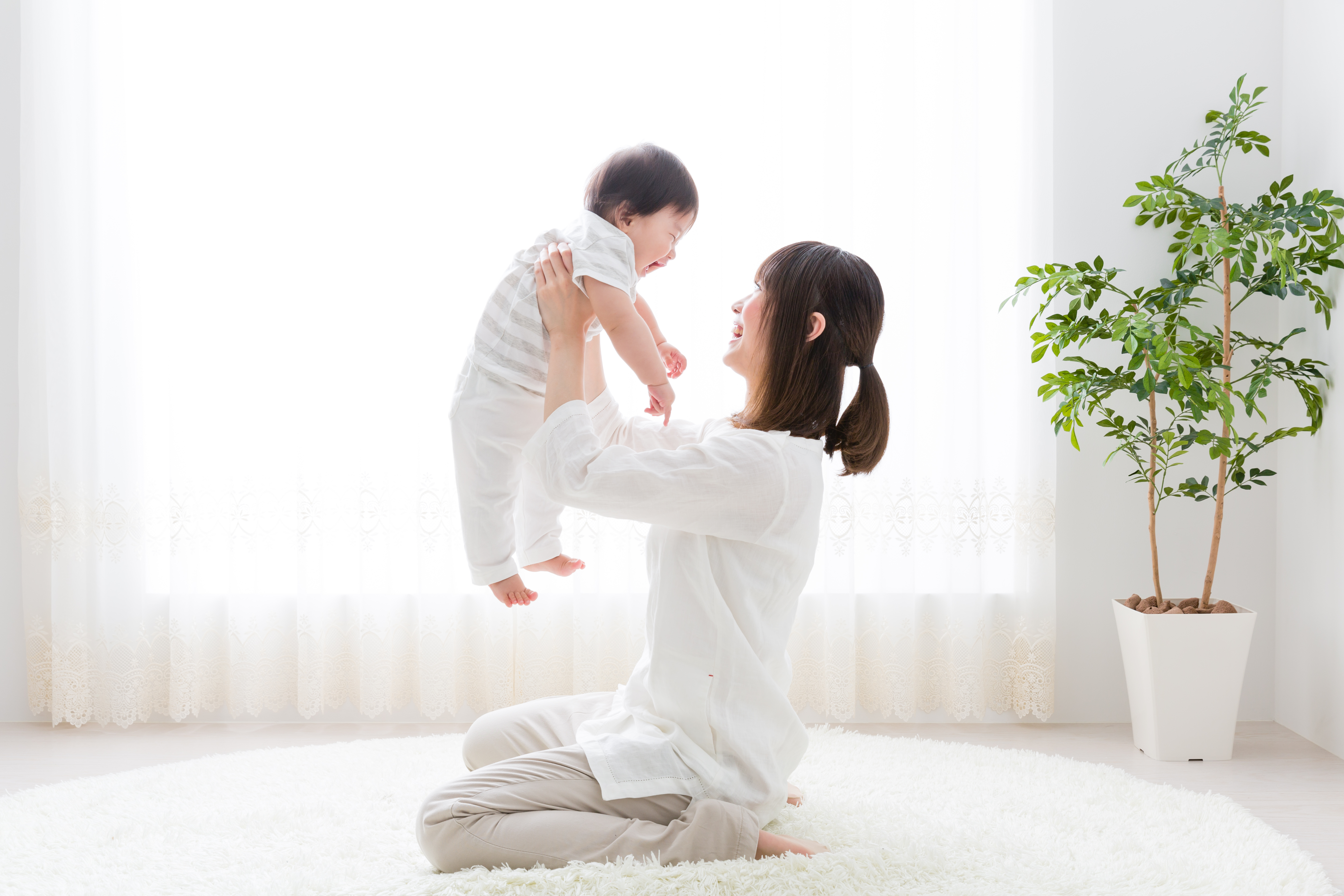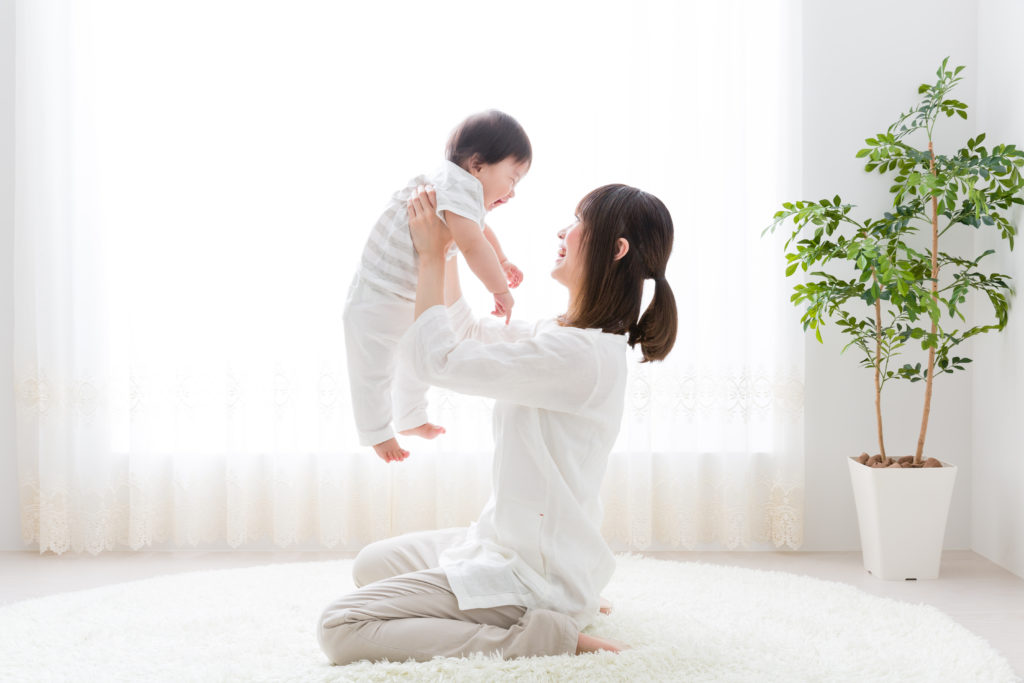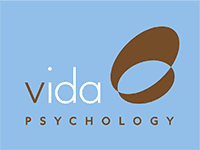
13 Mar What is the Difference between Baby Blues and Post-Natal Depression?

Would you struggle to recognise the difference between baby blues and post-natal depression. If so then you are not alone. This article has been written to help you understand what it is you, or a loved one is experiencing, and in turn to determine if professional help is needed to make the most of motherhood.
Women often anticipate becoming a mother with various emotions such as excitement and often a degree of fear of the unknown. Motherhood can indeed be an amazing and wonderful experience in a woman’s life, however unfortunately for 1 in 7 Australian women their experience is very different and the challenges of motherhood become increasingly difficult to manage.
Firstly, what is a baby blues?
It is not a given women will experience the baby blues, but a lot do. In fact, in Australia around 80% of new Australian mums experience baby blues symptoms. So, you could say, it’s a part of becoming a mother.
Symptoms of baby blues include:
o You are likely to become teary
o Feel anxious
o Become irritable easily and
o Experience changes in mood: feeling up and down
You are likely to experience these feelings even if there is no particular reason to trigger them. Women experience the Baby blues usually between days 3-10 after giving birth. These symptoms usually disappear within a few days and women go back to being their usual selves. No Professional intervention is needed to treat the baby blues. The support of your family and friends would go a long way in feeling your old ‘normal self’ again.
How do Baby Blues different from Post-Natal Depression?
Postnatal depression is characterised by feelings of dread and depression associated with giving birth, typically from a combination of having to adjust to being a mother, being exhausted and experiencing hormonal changes. We know women can develop Postnatal depression at any time during the first year after childbirth, but it usually develops within the first 4 months.
If you are experiencing postnatal depression you are likely to experience some of the following:
• Feeling low in mood: that is feeling quite flat & depressed, being teary and crying easily for more than one week.
• Feeling trapped and wanting to run away: “I don’t want to this”, “I wish I could just go away somewhere” for instance
• Feeling guilty – for not enjoying motherhood especially if it was something you’ve been wanting or feeling guilty for not being able to be as available to your partner as you once were for example.
• Becoming irritable easily, especially towards your partner and or baby.
• Lacking appetite.
• Worrying constantly, feeling anxious and or having panic attacks.
• Having difficulties concentrating/ focusing.
• Lacking confidence and having difficulties in making decisions: questioning everything you do, thinking of what to cook for dinner can often feel very overwhelming.
• Lacking motivation.
• Lacking self-care and grooming.
• Feeling inadequate or not being good enough: For example, “my baby deserves a better mother”, “my partner would be better off without me”.
• Lacking interest in your new baby or activities in general.
• Not enjoying things you once used to.
• Becoming socially withdrawn.
• Having thought of self harm or harming your baby.
If left untreated, your Postnatal Depression may worsen. You could become afraid of most things, including being left home alone with your baby. You are likely to have sleep difficulties even when your baby is sleeping well. You could have a sense of constantly being overwhelmed and feel you are just not coping. All of this in turn can negatively impact not only on bonding with your baby, but also your relationship with your partner and being able to enjoy motherhood. For some women their Postnatal Depression gets so bad they experience suicidal thoughts and even thoughts of hurting their baby.
Therapy can help you with adjusting to the challenges of motherhood so you can maximise your experiences of being a mother. This in turn will help you learn how motherhood can be one of the most special times in your life and discover how caring for others doesn’t mean neglecting yourself.
If you are worried that you or a loved one is experiencing post-natal depression, or you would like to learn more about the baby blues, then feel free to call Vida Psychology to make an appointment with one of our trained psychologists. Our number is 03 9328 3636.


Sorry, the comment form is closed at this time.